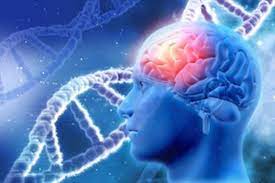Alzheimer’s Disease : New Criteria For Detecting

New criteria for detecting Alzheimer’s disease created by physicians and researchers from around the world were recently presented at the International Alzheimer’s Congress (AAIC) in Amsterdam.
- Alzheimer’s Disease is a progressive and degenerative neurological disorder that affects the brain, leading to memory loss, cognitive decline, and behavioural changes.
- It slowly destroys memory and thinking skills and, eventually, the ability to carry out the simplest tasks.
- It is the most common cause of dementia, accounting for 60-80% of all dementia cases.
- The condition primarily affects older adults, typically starting after the age of 65, though early-onset forms can occur in individuals younger than 65.
- The exact cause of Alzheimer’s disease is not fully understood, but it is believed to be influenced by a combination of genetic, environmental, and lifestyle factors.
- Early signs may include mild memory loss, difficulty finding words, misplacing items, and trouble with problem-solving.
- As the disease advances, individuals may experience more severe memory impairment, confusion, mood swings, changes in behaviour, disorientation, and difficulty with basic tasks like dressing and eating.
- There is currently no cure for Alzheimer’s disease, and the available treatments mainly focus on managing symptoms and slowing down its progression.
- Medications may be prescribed to enhance cognitive function or manage behavioural and psychological symptoms.




